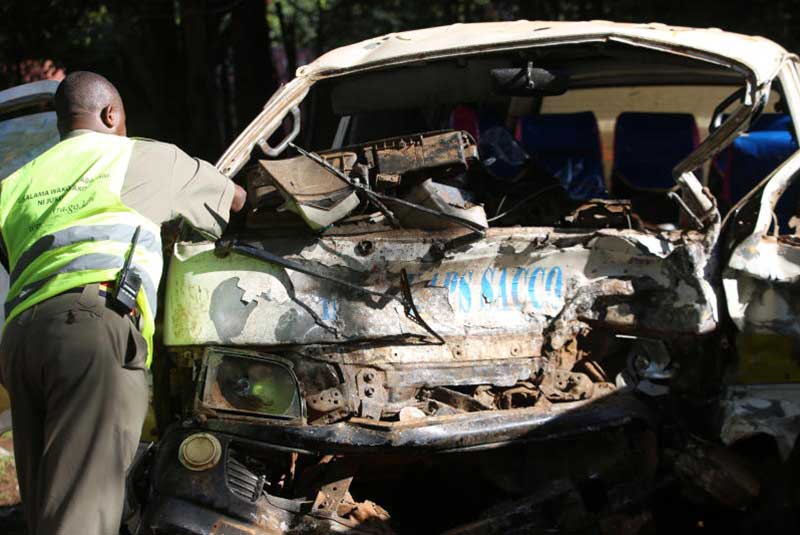×
The Standard e-Paper
Stay Informed, Even Offline

A woman missed out on Sh5.3 million in compensation because the court could not determine who was responsible for an accident that killed her husband.
In a case filed by Caren Auma against Clifford Otieno Ahonya (driver) and Emergency Relief Supplies Ltd, Justice L. Njuguna admitted that it could not be determined who was to blame for the accident between the driver and the deceased, who was knocked down while trying to cross the road.